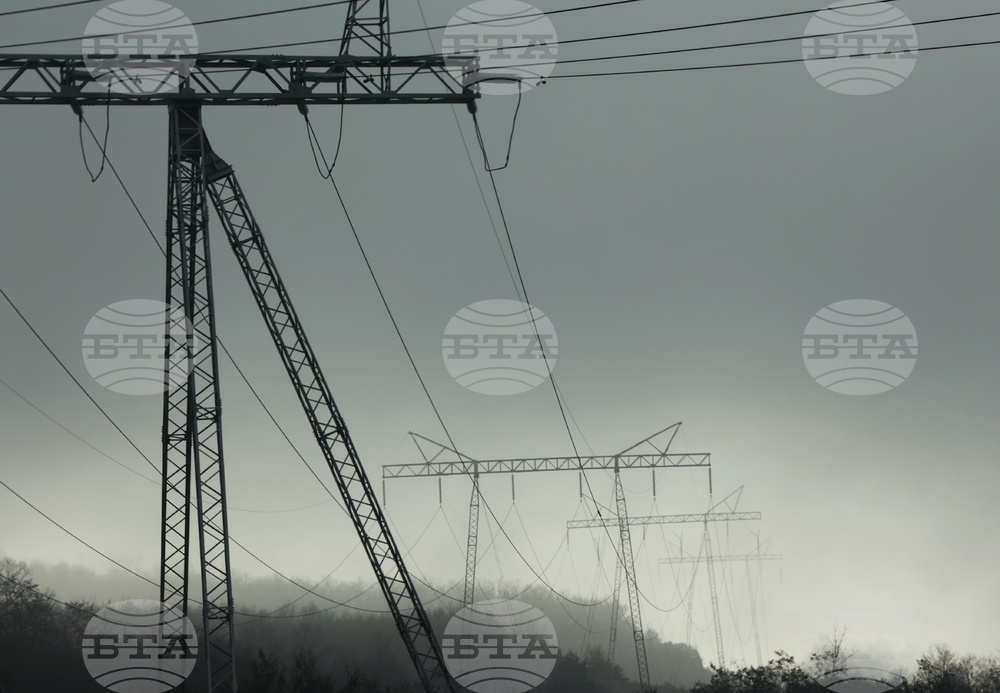site.btaUPDATED President Radev Vetoes Latest Energy Act Amendments


Bulgarian President Rumen Radev has imposed a suspensory veto on the revisions to the Energy Act adopted by the National Assembly on October 6, 2023, the President's Press Secretariat reported on Thursday.
/LG/
news.modal.header
news.modal.text